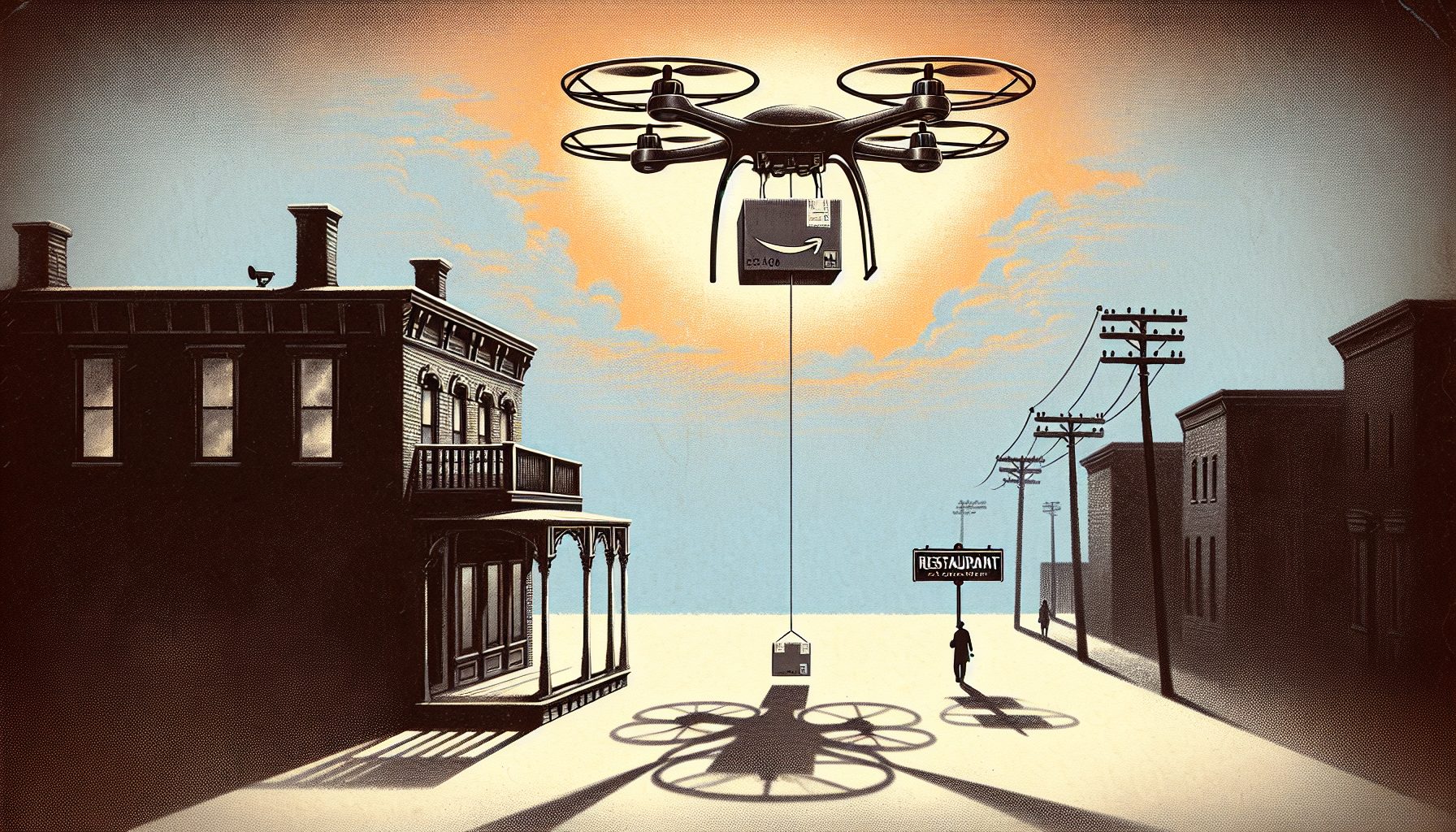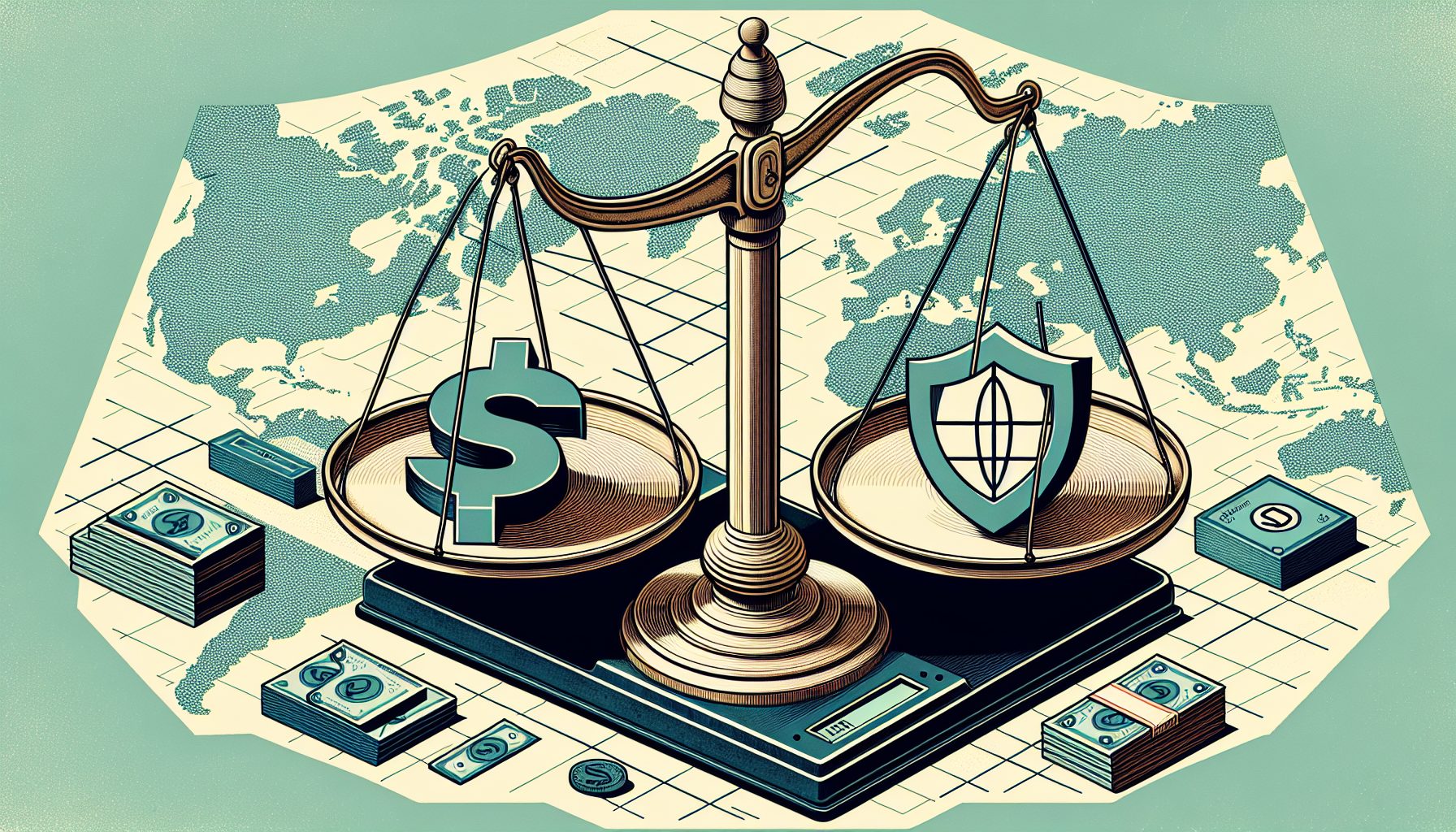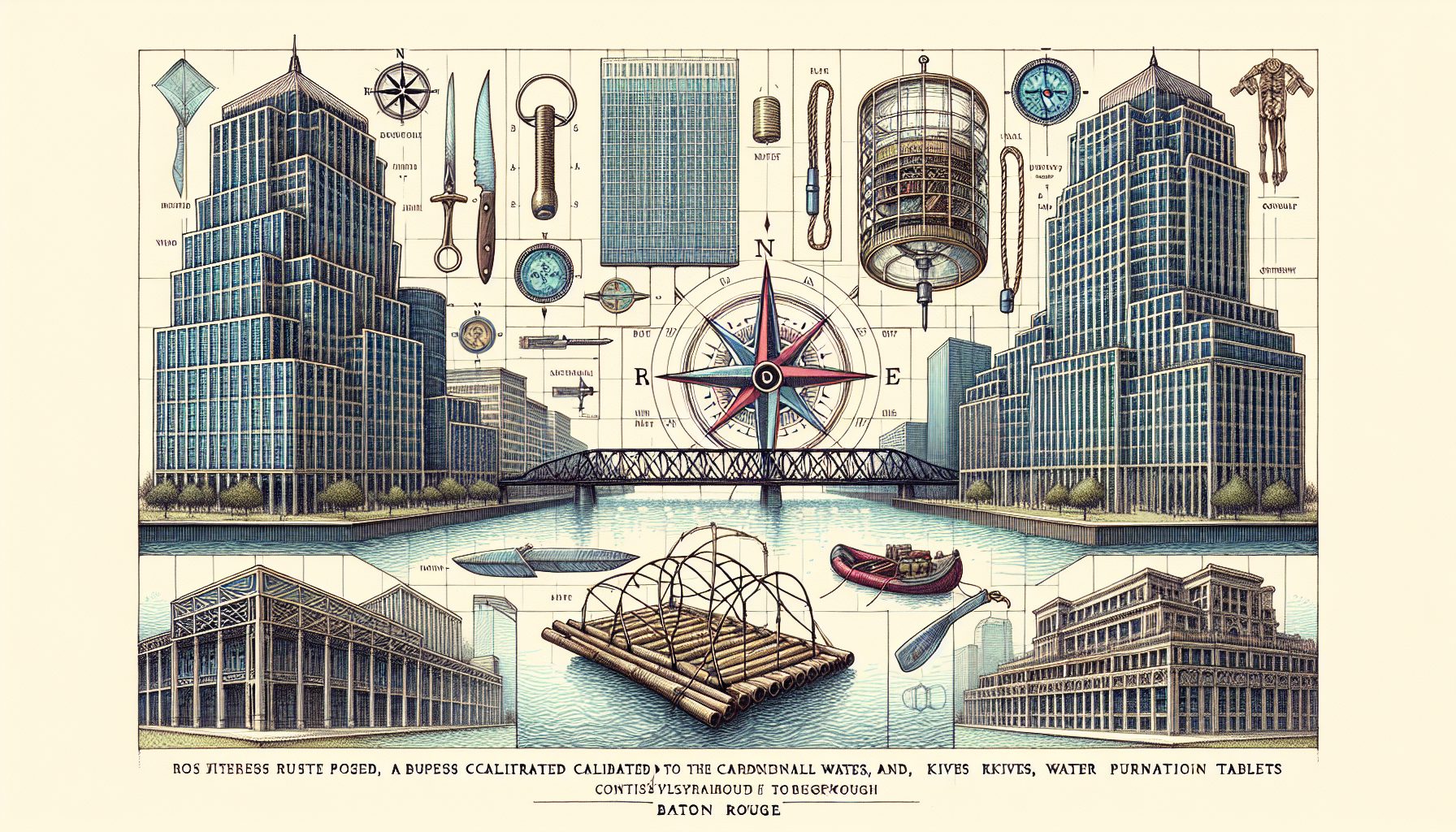Imagine how well-positioned your IT would be if you had a 25-year jump on the competition.
Well, to hear Gartner analysts tell it, you have that sort of window into the future right now. The innovations that will unfold over the next quarter century are all around you?buried in research papers, patent applications and production prototypes. Separating the news from the noise, however, is what Gartner calls an “IT Grand Challenge,” a way to figure out which advances have the potential for broad economic, scientific or social benefit.
“IT leaders should always be looking ahead for the emerging technologies that will have a dramatic impact on their business, and information on many of these future innovations isalready in some public domain,” Gartner Vice President and Fellow Ken McGee told attendees at the Gartner Emerging Trends Symposium/ITxpo 2008 in Las Vegas this week.
“CIOs should identify which Gartner IT Grand Challenges will be most meaningful for their enterprise,” McGee said. “There are technologies on the horizon that will completely transform your business.”
*If the most immediate thing you need to worry about is IT cost-cutting, Gartner published advice with 25 ways to cut IT costs at the 2008 Symposium/ITxpo.
Here is Gartner’s list of IT Grand Challenges.
1. Never having to manually recharge devices.
With so many portable computers, phones and PDAs running on batteries, the ability to remotely charge or power these devices would be an instant hit. Despite a century’s worth of effort since the invention of the Tesla coil, little progress had been made until last year, when researchers at the Massachusetts Institute of Technology began experimenting with the transfer of nonradiative power. It’s worth noting, even if commercial application of wireless powering remains a long way off.
2. Parallel programming.
Instead of juicing single-core processors to do more serial work, parallel computing takes advantage of multi-core processors and advanced programming to speed such things as simulations, modeling, entertainment and massive data mining. The technology and its underlying architecture still needs to be refined to effectively break up processes into specific subprocesses to determine which tasks can and should be handled simultaneously.
3. Nontactile, natural computing interfaces.
Interacting with computers with no mechanical interface has long been an engineering dream. Work is under way to refine gesture detection and improve real-time processing. A truly natural interface would also require natural language processing, including speech synthesis, speech recognition, natural language understanding, natural language generation, machine translation and translation from one language to another.








